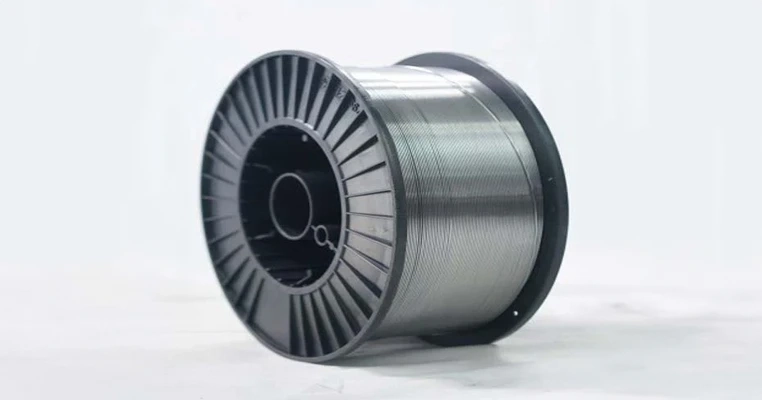Choosing the right aluminum flux-cored welding wire is crucial for achieving high-quality welds and ensuring the success of your welding projects. Flux-cored welding wire is designed to shield the weld pool from atmospheric contamination, making it ideal for welding aluminum, which is prone to oxidation. In this guide, we'll discuss how to select the right aluminum flux-cored welding wire based on factors such as material composition, wire diameter, and welding process compatibility.
Material Composition
When choosing aluminum flux-cored welding wire, consider the material composition of the wire. Aluminum flux-cored wires typically contain a flux core that serves as a shielding agent during the welding process. Look for wires with flux formulations that are specifically designed for welding aluminum, as these formulations provide the necessary protection against oxidation and contamination.
Wire Diameter
The diameter of the welding fabrication services plays a significant role in the welding process and the quality of the welds produced. Selecting the appropriate wire diameter depends on factors such as the thickness of the aluminum material being welded and the welding technique being used. Thicker aluminum materials may require larger wire diameters to ensure proper penetration and deposition, while thinner materials may benefit from smaller wire diameters for increased control and precision.
Welding Process Compatibility
Consider the welding process compatibility of the aluminum flux-cored welding wire. Flux-cored wires are available for various welding processes, including MIG (Metal Inert Gas) and TIG (Tungsten Inert Gas) welding. Ensure that the wire you choose is compatible with the welding process and equipment you'll be using for your aluminum welding projects.
Alloy Type
Aluminum fabrication comes in different alloy compositions, each with its own unique properties and characteristics. When selecting flux-cored welding wire for aluminum, choose a wire that matches the alloy type of the base metal you'll be welding. Matching the alloy type ensures proper metallurgical compatibility and minimizes the risk of weld defects such as cracking and brittleness.
Quality and Brand Reputation
Invest in high-quality aluminum flux-cored welding wire from reputable brands known for their reliability and performance. Quality welding wire ensures consistent feedability, arc stability, and weld bead appearance, leading to superior weld quality and productivity. Read customer reviews and consult with welding experts to identify trusted brands and products that meet your specific welding requirements.
Read More: Right Aluminium Perforated Metal Sheet for Your Project
Environmental Considerations
Consider environmental factors when selecting aluminum flux-cored welding wire. Flux-cored wires emit fumes and gases during the welding process, so it's essential to choose wires with flux formulations that minimize harmful emissions and promote a safer working environment. Look for wires with low spatter and smoke levels to reduce cleanup and improve operator comfort during welding.
Conclusion
Choosing the right aluminum flux-cored welding wire is essential for achieving high-quality welds and ensuring the success of your welding projects. Consider factors such as material composition, wire diameter, welding process compatibility, alloy type, quality, brand reputation, and environmental considerations when selecting the best wire for your needs. By investing in the right welding wire, you can achieve superior weld quality, productivity, and safety in your aluminum welding applications.


